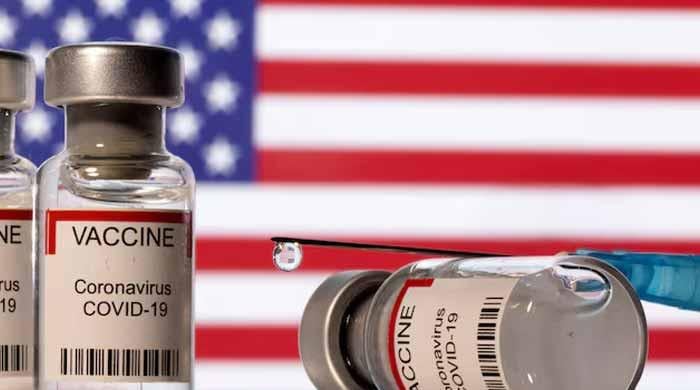Experimental drug 'cures' hepatitis C in small trials
WASHINGTON: An experimental drug combination cured 70 percent of patients with hepatitis C in early trials, offering hope of a simpler remedy for the chronic liver disease, US researchers said...
August 28, 2013
The phase II trial described in the Journal of the American Medical Association (JAMA) studied the effectiveness and safety of an experimental drug, sofosbuvir, taken with the licensed antiviral drug ribavirin.
The drugs were administered orally, an improvement over the current treatment which involves weekly injections with interferon-alpha and can cause depression, flu-like symptoms and anemia.
Ten patients with early to moderate liver disease were treated with 400 milligrams daily of sofosbuvir and weight-based doses of ribavirin for six months.
All nine who completed the regimen had no virus detectable 12 weeks after therapy ended. No hepatitis C was found even 24 weeks after finishing therapy.
According to study co-author Shyamasundaran Kottilil of the National Institutes of Health, a patient is considered cured of hepatitis C if no virus is detectable for 12 weeks after the therapy ends.
A second study group of 50 people were divided into two groups to test weight-based versus low fixed doses of the experimental drug, sofosbuvir, manufactured by Gilead Sciences in California.
"We saw an overall cure rate of about 70 percent using regimens that did not include interferon," said Dr. Kottilil. "This is an encouraging result."
The 60 patients studied all had genotype-1 HCV, with varying levels of liver disease. Fifty of the 60 were African-American men.
The combination regimen was deemed safe and well tolerated, with side effects including mild to moderate headache, anemia, fatigue and nausea.
Chronic hepatitis C, which is passed through contact with contaminated blood affects more than three million Americans. It is a leading cause of cirrhosis and liver cancer, killing about 15,000 people every year in the United States.
"There is a pressing need for hepatitis C virus treatments that are less burdensome to the patient, have fewer side effects and take less time to complete," said study co-author Anthony Fauci, director of the National Institute of Allergy and Infectious Diseases.
"Building on previous work, this trial provides compelling evidence that interferon-free regimens can be safe and effective."









